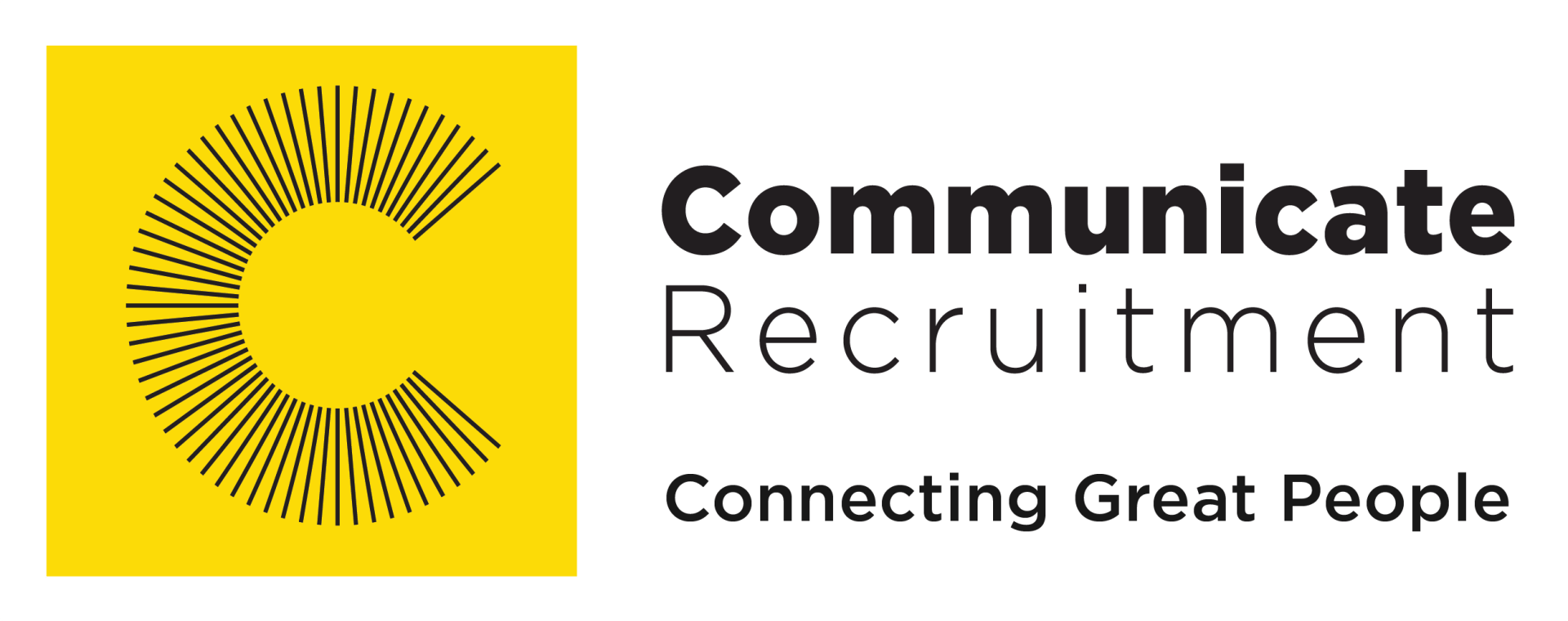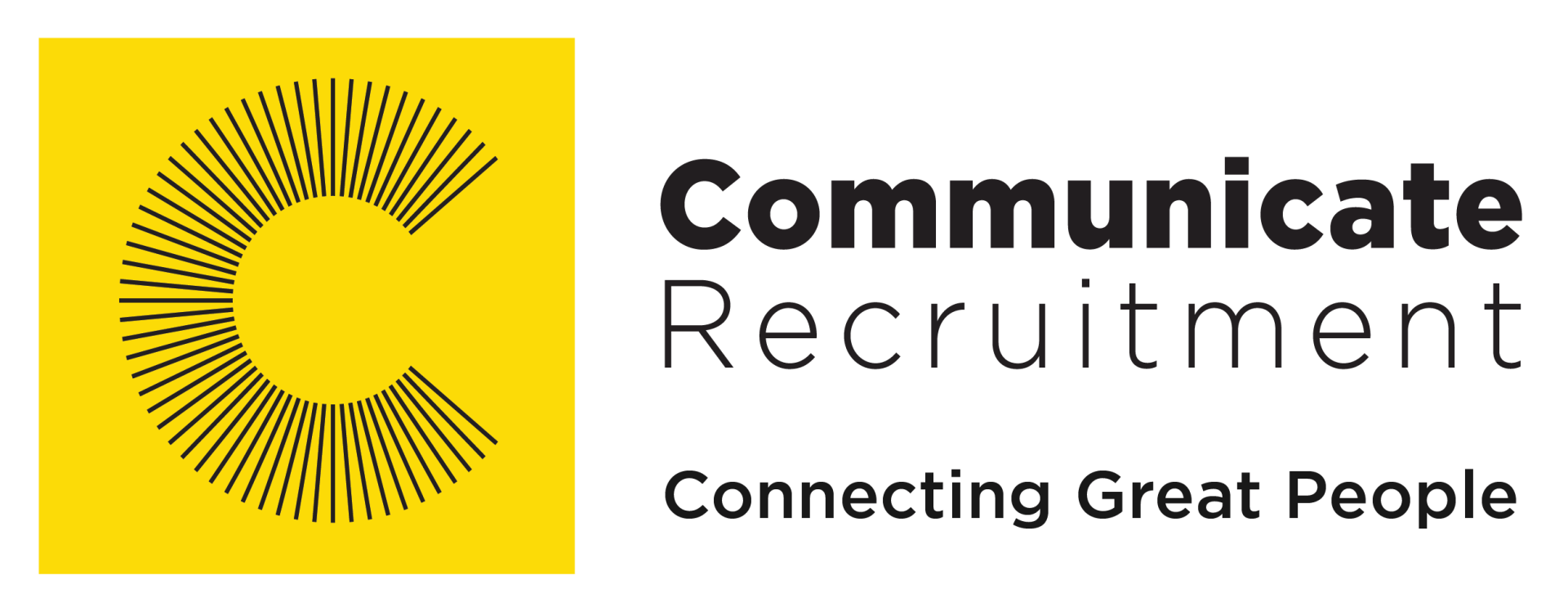What is the Cost of a Bad Hire?
Hiring the wrong person for the vacancy you want to fill can cost your company between three and five times their salary – so say internal surveys from CareerBuilder and the Society for Human Resources Management (SHRM). Irrespective of their skill level (entry-level or executive), there is no good reason for businesses to lose money on poor-performing or ill-fitting employees. We explore what a "bad hire" is, how they impact a company's bottom line, and shed some light on the steps to take to avoid a bad hire:
What is a bad hire?
A bad hire is someone who is either the wrong culture fit for the job, team, and/or works environment they were placed in, or someone who is not delivering on their job requirements and performance expectations.
What does a bad hire cost?
Hiring the wrong person for the job has a much broader financial and cultural impact than the person's annual salary. That impact can include:
Hiring costs
The time that HR and senior managers spent on the recruitment process – screening CVs, communicating with potential candidates, performing background checks and psychometric tests, interviewing and evaluating candidates, and inducting new employees – is wasted when they amount to a bad hire.
Direct employment costs
You wouldn't pay for a bag of rotten apples – so paying the salary of a person who doesn't contribute to the company's growth is a bad investment.
Overhead costs
The employee's office space, use of resources and utilities, travel expenses, training, and HR management costs all count as company overheads.
Supervisor/Manager costs
The time that a supervisor or manager spends training, evaluating, coaching, or correcting a bad hire costs money. The senior employee's own work time is compromised, especially when the bad hire results in disruption or affects their ability to meet their own KPIs.
Team productivity and morale costs
When a bad hire is part of a team that has deliverables to complete, the rest of the team needs to compensate for the bad hire's poor performance. Not only does this affect the team's productivity, but company morale can also take a nosedive and can take a mammoth effort and considerable time to correct.
Negative impact on client relationships
A poor-performing employee will cast a bad light on the company as a whole in the eyes of the company's clients, especially if deadlines are missed or poor work is performed. The company's reputation may have taken years to build, but can be destroyed in an instant because of a bad hire – the cost of which can run into millions if lost opportunities are factored in.
Severance costs
Many bad hires will be happy to stay in their jobs and while away their time – doing the minimum to earn a salary. When this behavior and poor performance are costing your company money and lost opportunities in the long run, it may be better to legally terminate their employment. This means paying out severance benefits – however, these may be minimal compared to the long-term damage that a bad hire can do.
Take these steps to avoid a bad hire:
- Have very specific candidate requirements – the job description and KPAs for that role should be up to date and used to measure suitability in the screening process.
- Get input from a range of stakeholders – allow the HR manager, the job's team lead, and even a team member or two to be part of the screening process and get their input on the people being interviewed.
- Evaluate candidate abilities – put shortlisted candidates through a timed skills test to evaluate their capabilities under pressure and to truly determine if they possess both the skills and attitude you require.
- Conduct psychometric and/or personality testing – these tests are expensive, but worthwhile when it comes to identifying high-risk hires and reducing employee turnover.
- Take time with proper onboarding – employee orientation and training should be a vital part of a new employee's probation period, ensuring they understand company policies, what's expected of them, and how they'll be measured on their performance.
- Get help – recruitment specialists not only have the necessary database from which to source great candidates for your vacancies, but also perform the initial CV screening and have the requisite skills and experience to identify, attract, and screen the most appropriate candidates and reduce the likelihood of a bad hire.
Wanting to avoid the cost of a bad hire? Communicate Recruitment is a specialist recruitment agency, with the very best recruiters and we want to help you. We specialize in the sourcing of top candidates in the Finance, IT, Engineering, and Supply Chain/Freight industries, both for permanent and contracting placements throughout South Africa, and the African continent. Contact us today!
Or if you happen to be in the market for new Finance, IT, Engineering, Supply Chain, or Freight jobs, visit our vacancy page and apply now.
You might also like
Book a Service Today
We will get back to you as soon as possible
Please try again later

Johannesburg
+27 11 318 2101
assist@communicate.co.za
2nd Floor, Avenue North
6 Mellis Road
Rivonia, Johannesburg
Cape Town
+27 21 418 1750
assist@communicate.co.za
3rd Floor DSTV Office
5 Canterbury Street
N1 City, Cape Town
All Rights Reserved Communicate Recruitment © 2024
Legal Information
PAIA | Privacy Notice | Site Disclaimer | B-BBEE Certificate | Terms & Conditions
All Rights Reserved | Communicate Recruitment




